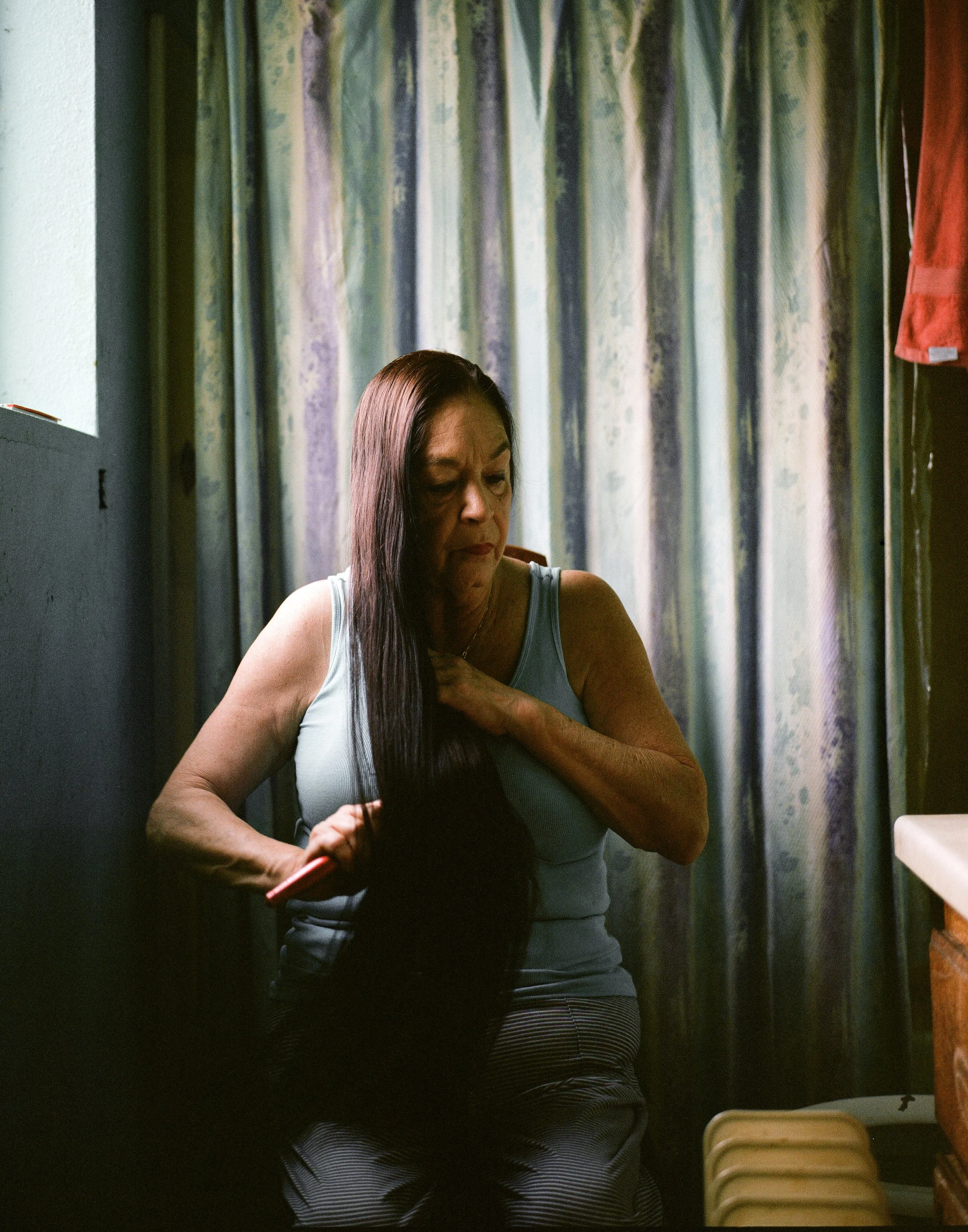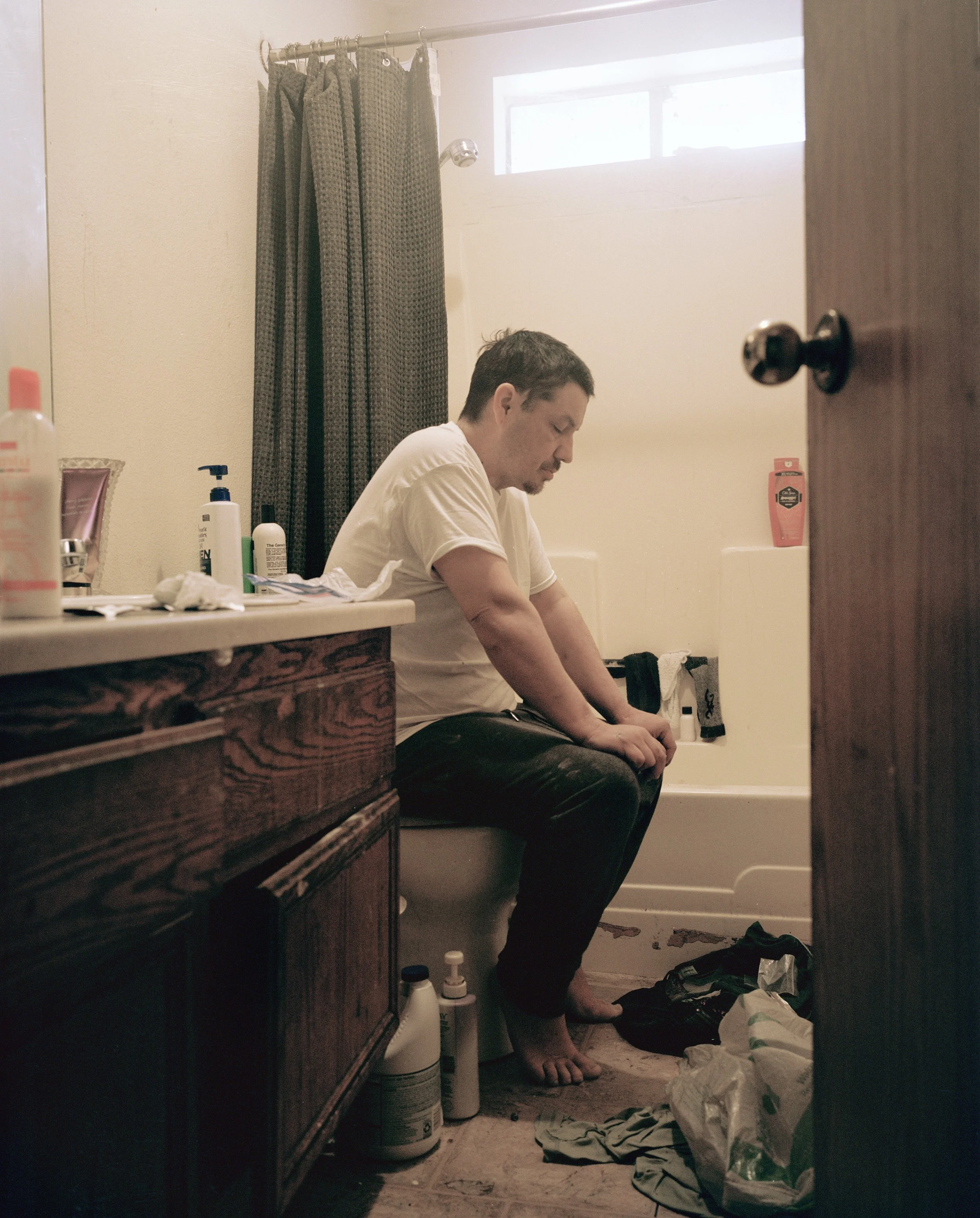




-
In California's secluded Hoopa Valley Reservation, fentanyl abuse has surged, overwhelming K'ima Medical Center, the local tribal clinic. The clinic distributes Narcan widely to counter the frequent opioid overdoses that occur daily, a reflection of the larger epidemic in Humboldt County, which has one of the highest overdose rates in the state.
The story follows the Surber family as they navigate the front lines of the fentanyl crisis. Judy Surber, the family's matriarch, shared that at one point recently, every person in her household was using opioids, including her two adult sons, Roger and Cory, her teenage granddaughter, Bella, and her late husband, Gordon, who passed away due to complications from COPD. Beyond her personal experience with the epidemic, Judy also manages the Medication-Assisted Treatment (MAT) program at the clinic, helping over fifty patients struggling with addiction.
The Surber family's journey highlights how systemic failures and historical injustices compound the current crisis. The removal of children from their families, a practice rooted in colonial efforts to dismantle Indigenous communities, continues today. There has been a 50% increase in foster care placements for tribal children, largely due to parental substance use disorders.
The Indian Child Welfare Act (ICWA) was enacted to ensure Native children remain in Native homes. However, when tribal politics and personal conflicts come into play, unjust outcomes can occur. In this case, the ICWA Director of the Yurok Tribe is Ethel’s ex-sister-in-law, with whom there is longstanding bad blood. As a result, Roger and Ethel’s children were removed from their care 11 months ago and remain in the foster system. The children were placed 2½ hours away and are too young to understand why they cannot be with their family. Roger and Ethel receive minimal support and the services to which they are entitled.
Judy has also faced prejudice, being denied placement of her grandchildren, whom she has always cared for. The tribe blames her for her son's addiction, accusing her of not "setting enough boundaries." This bias has influenced the county's decisions, which often align with tribal recommendations, leaving the family with little recourse against tribal authority. This ongoing dynamic underscores the complex intersection of addiction, healthcare injustice, and a flawed legal system that many Indigenous families are forced to navigate.
-
Film + Archival Pigment Prints
